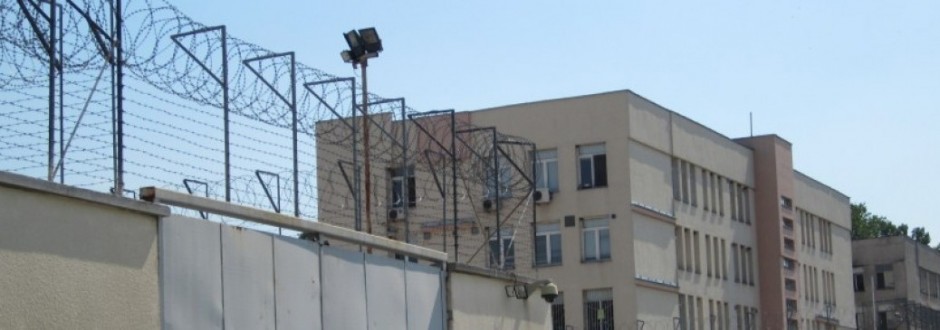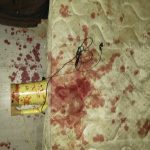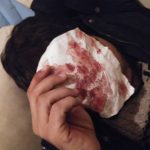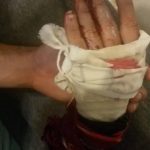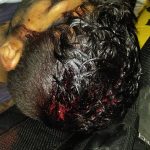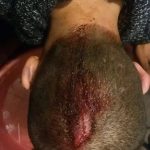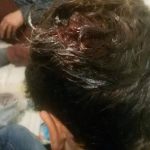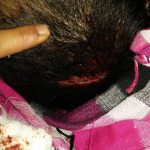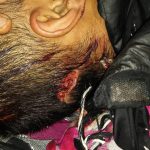The mayor, Ivaylo Simeonov, of the Bulgarian town of Elin Pelin has told a Syrian family with a humanitarian status (for Bulgaria) to leave and is refusing to issue them ID documents. The Syrian family, who has arrived with their six years old sun in the country, stated that leaving the town is no option, because the same problems would occur somewhere else. The eldest son of the family, who already lived and worked three years in Bulgaria, had organized the accommodation in Elin Pelin. In the following days Bulgarian media echoed xenophobic, racist and anti-humanitarian statements from different persons, without opposing it.
-
Neueste Beiträge
Archiv
- Dezember 2025
- Oktober 2025
- Februar 2025
- Oktober 2024
- August 2024
- März 2024
- Dezember 2023
- Juni 2023
- Mai 2023
- März 2023
- Februar 2023
- Dezember 2022
- Oktober 2022
- September 2022
- April 2022
- Februar 2022
- November 2021
- September 2021
- August 2021
- Juli 2021
- Januar 2021
- Dezember 2020
- September 2020
- Juli 2020
- März 2020
- November 2019
- August 2019
- Juli 2019
- Juni 2019
- April 2019
- März 2019
- Dezember 2018
- November 2018
- Oktober 2018
- September 2018
- August 2018
- Juli 2018
- Juni 2018
- April 2018
- März 2018
- Januar 2018
- Dezember 2017
- November 2017
- Oktober 2017
- September 2017
- Juni 2017
- Mai 2017
- März 2017
- Februar 2017
- Januar 2017
- November 2016
- Oktober 2016
- September 2016
- August 2016
- Juli 2016
- Juni 2016
- Mai 2016
- April 2016
- März 2016
- Februar 2016
- Januar 2016
- Dezember 2015
- November 2015
- Oktober 2015
- Juli 2015
- März 2015
- Dezember 2014
- September 2014
- August 2014
- Juli 2014
- April 2014
- Dezember 2013
- November 2013
- Oktober 2013
- September 2013
- August 2013
- August 2012
Kategorien
Meta
